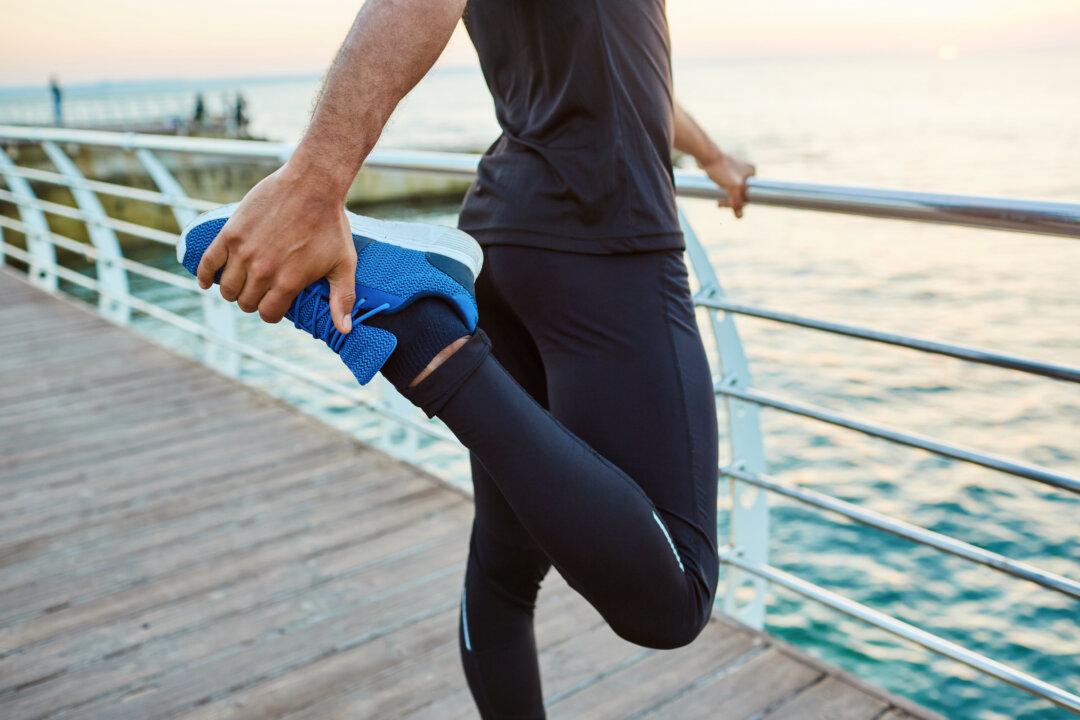There are many studies that prove the health benefits of coffee, including the prevention of cardiovascular diseases, liver diseases, type 2 diabetes, dementia, and cancer, among others. The latest research indicates that coffee may also reduce the risk of acute kidney injury. So, how can the general public and kidney disease patients drink coffee to protect their kidneys?
A new study published in Kidney International Reports shows that drinking at least one cup of coffee a day may reduce the risk of acute kidney injury.





